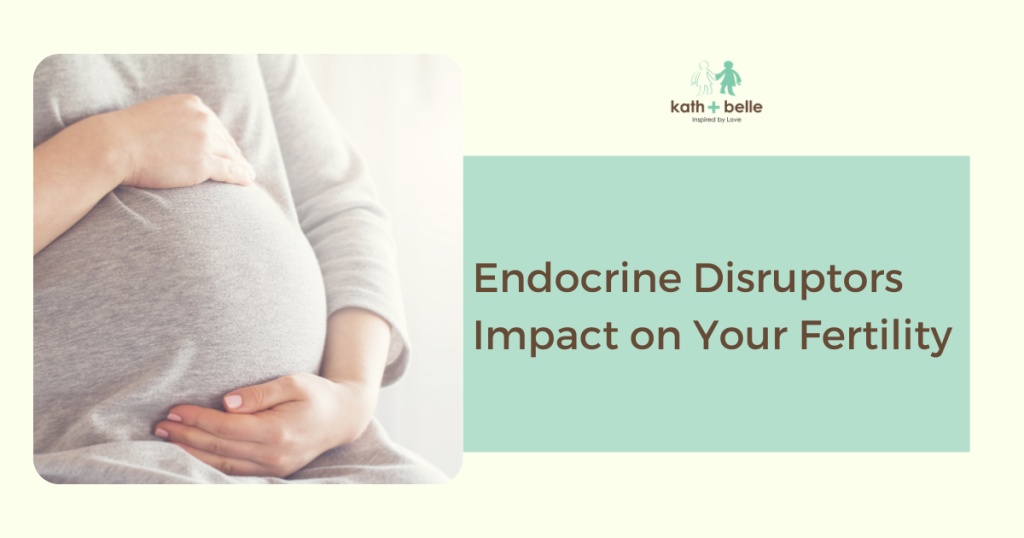Latest News
Endocrine Disruptors Impact on Your Fertility
What are Endocrine Disruptors / EDCs?
It is safe to say that we are starting to notice the impact plastic has on the environment and our health. While we are getting carried away in reducing plastic use in our house, do not forget that plastic also can affect our health in many ways. We are not just talking about pollution caused by plastic, but also in our body!
Endocrine disruptors are chemicals, or combinations of chemicals, that interfere with the way the body’s hormones work. These chemicals can:
- Mimic the body’s natural hormones
- Decrease or increase normal hormone levels
- Interfere with the natural production of hormones in the endocrine system
Endocrine Disruptors or EDCs can be found in many everyday products. It is no wonder that fertility rates in the world are dropping. In this article, it shows that even small exposure to EDCs leads to billions of dollars in healthcare costs. So, it is wise for us to start managing our plastic usage and also products that contain EDCs.
Other endocrine disrupting chemicals include:
- Bisphenol A (BPA)
- Triclosan (TCL)
- Parabens
- Phthalates
How Endocrine Disruptors Work in the Body?
Not all chemicals in the world are totally bad news – they have essential roles to play in a part of life. But the artificial chemicals such as EDCS imitate the hormones our bodies produce. These chemicals interrupt the endocrine system.
Endocrine glands are ductless glands of the endocrine system that secrete their products. The glands produce hormones that regulate development, growth, metabolism, tissue function, sexual function, reproduction, sleep, and mood, among other things.
These chemicals can trick your body by signaling that you already have enough hormones. In turn, your body may respond by either shutting down its own production of hormones, or by ramping up hormone production.
The Impact of Endocrine Disruptors on Fertility
For those trying to conceive, it’s time to really consider what you can do to reduce your exposure, and hopefully it can further assist conception. A statement from The Endocrine Society in 2009 may suggest that EDCs can impact the body’s levels of fertility hormones like estrogen and testosterone, as well as thyroid hormones.
They are also finding that EDCs have an effect on male infertility and altered hormones, endometriosis (the abnormal growth of tissue outside the uterus. These issues increase the difficulty to conceive. Not to mention fibroids and also experience of heavy periods.
Kath + Belle Guide on What Can We Do?
- Reduce plastic usage at home. Such as switching plastic containers and bottles with glass or stainless steel.
- Filter your water at home.
- Eat organic as much as possible. Avoid food that are loaded with chemicals
- Try not to handle receipt because thermal paper is often coated with BPA.
- Never microwave in plastic containers or wrap.
- Review the ingredients of your skincare, cosmetics, and personal care products.
